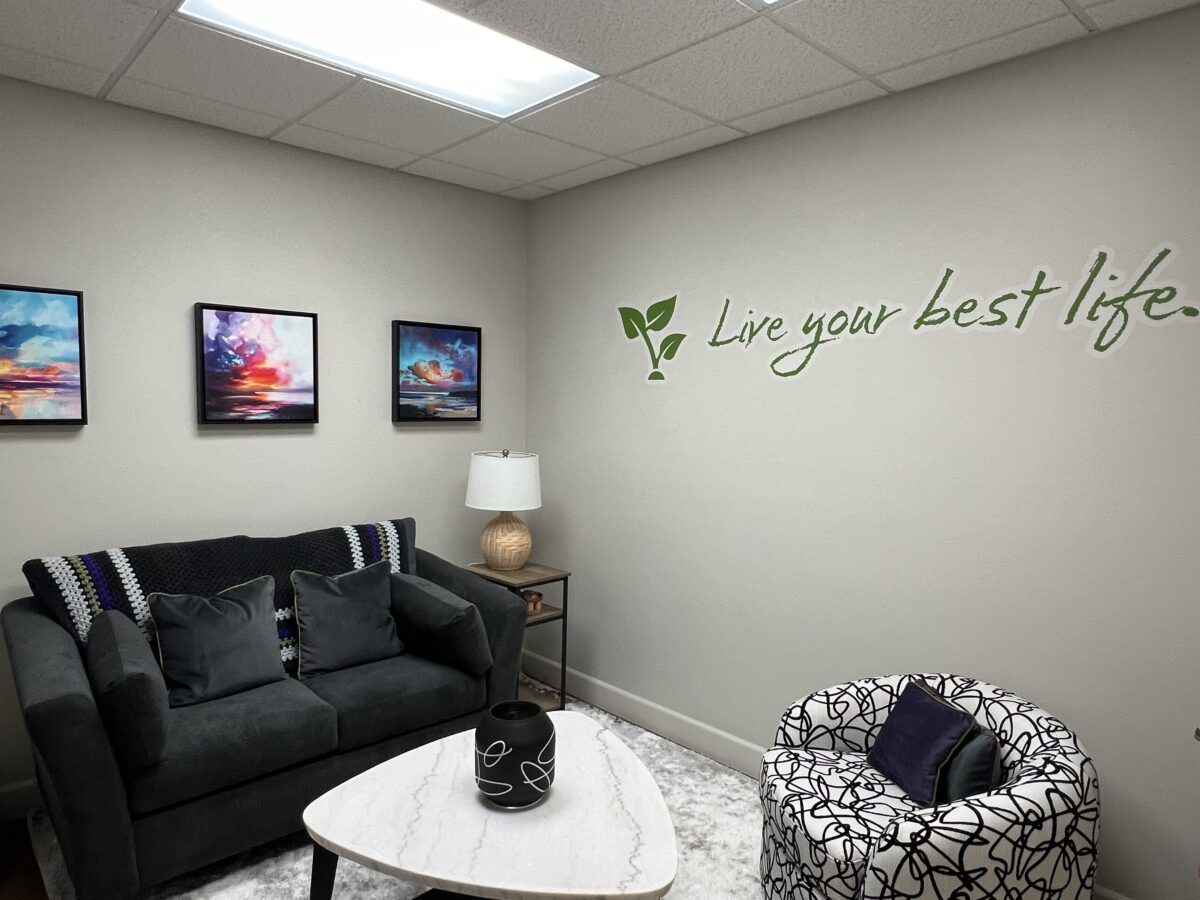
If you have never had therapy before, the idea of visiting one might seem quite daunting. You might be worried about embarrassing yourself by revealing things that make you feel ashamed, or that opening up about things that you’ve tried to ignore for so long might be scary. Perhaps you’re anxious about being judged or ridiculed. Or you might think that your problems are simply so overwhelming there’s nothing a therapist can do to help.
Here’s a brief idea of what you can expect if you come to me for therapy.
The intake session
During your first session or two we will complete a structured interview during which I’ll ask you lots of questions about yourself. I’m looking to create a picture of who you are, what you do, what makes you tick, who you have in your life, your likes and dislikes, and – perhaps most importantly – what are your reasons for coming to therapy. All the while, you’ll find me curious and non-judgmental. It’s my job to make you feel comfortable!
The intake session is a really important part of therapy because it helps me get to know you and begin to understand your situation. It also helps you to get to know me: I encourage my clients to ask me anything – about me, about therapy, or about anything they’re curious or unsure about.
Did you know that the relationship between therapist and client – often called the therapeutic alliance – is hugely important? In fact, research consistently shows that it’s one of the strongest predictors of whether therapy will actually help.
During this first session or two, I’m beginning to get an idea of the nature and extent of your difficulties and I’m starting to formulate my plan for helping you resolve them. We will spend some time clarifying your goals for therapy (what you’d like to be different about your life), and I may begin to outline some of my ideas for how we’ll be working towards achieving your goals. We’ll also talk about frequency and confidentiality.
Early sessions
During these early sessions (the “middle phase”) we’ll start unpacking your thoughts, emotions, behaviors and past experiences. At the same time, I’ll be outlining various models and theories and providing you with information about how our brains and bodies function, including when things aren’t going well. I’ll also be gradually introducing you to a range of amazing tools, tricks and skills that will help you think and feel differently, behave more functionally and successfully, and communicate better.
It is in this middle phase that you’ll begin to make connections (understand the “why” behind patterns) and begin to experiment with change.
Later sessions (the “later phase”)
This is all about consolidation and maintenance of changes that you’ve been making in your life. We’ll be reflecting on your progress, seeing how far you’ve come, evaluating these changes against the goals we set in the intake session(s) and sometimes setting new goals. We might need to adjust the way you’re using the skills, or even consider trying new ones.
It’s worth noting that when you change your behavior, the environment or “system” around you often changes too. This can mean that others respond differently to the “new you” – sometimes with surprising results!
One aim of these later sessions is to strengthen new habits and prepare you for life outside of regular therapy sessions. We may also be planning for how to handle setbacks or tough times (relapse prevention).
Ending Therapy (Termination Phase)
When your therapy goals are met, or when you’re ready to stop working with me, we’ll begin to discuss what’s next. We’ll reflect on what you’ve learned and how you’ve changed. At this point, some people stop therapy entirely; others move to check-ins every few months. Our goal here is for you to leave with confidence and a sense of completion – or a plan for returning if needed.
How long will therapy last?
Some people go through this process in 8–12 sessions, others stay in therapy longer (6 months, a year, or more) – especially if they’re doing deeper work or just find it helpful for ongoing support. Some of my current clients started working with me as far back as 2021! They take therapy breaks then reach out for a few “top-up” sessions as needed.